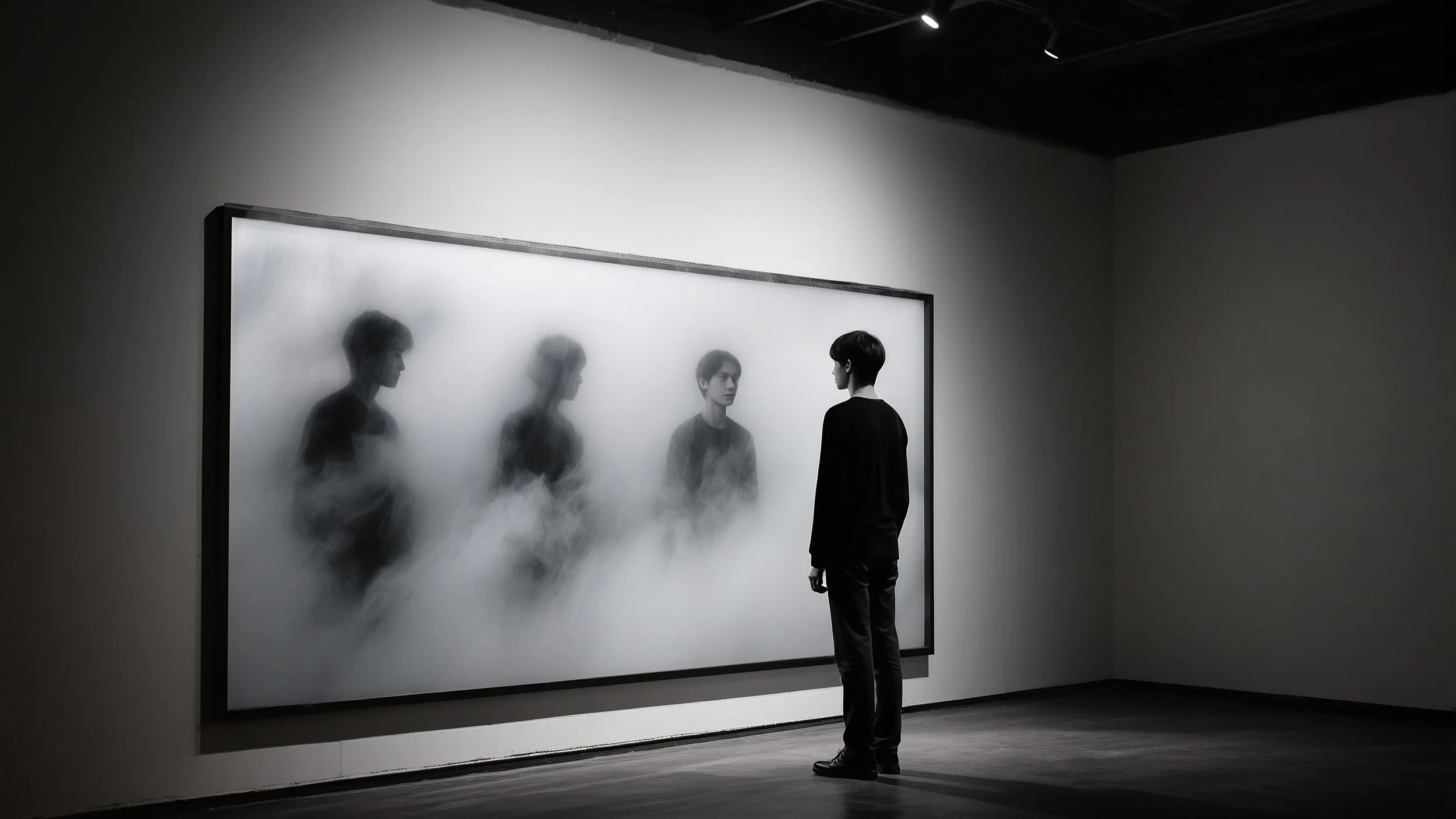When AI Does the Work, What’s Left for Us? Rethinking the Human Role in the Age of AI
We’re in a strange transition.
Still structured by traditional hierarchies, but already operating in a much more fluid reality.
AI is accelerating that shift. It’s changing not just what we do, but how we work — and how we think about work itself.
Between Worlds
Many companies are hesitant to hire full-time because they don’t know what future roles will require.
They’re investing in AI systems while reducing headcount to offset the cost — unsure how those systems will reshape responsibilities or reporting lines.
At the same time, professionals are adapting in parallel: working across multiple projects or companies, building portfolios of skills instead of single job titles.
Some find that liberating. Others find it unsettling.
We’re between worlds — the stability of the employment era and the flexibility of a skill-based one. It’s not clear where the balance will land.
Learning How to Learn
In this new environment, the most valuable skill may be learning itself.
AI gives us access to more data, faster answers, and near-infinite context. But that raises the question:
Do we know what we’re looking for?
The ability to ask good questions, to evaluate the answers, and to adapt when information changes — those are becoming defining traits of capable professionals.
“Learning how to learn” has moved from an academic slogan to a survival skill.
It’s also deeply human. Machines can process and predict, but curiosity and adaptability are still uniquely ours.
Judgement as the Differentiator
As AI takes over analytical work, judgement becomes the X-factor.
You might focus on Y today, but soon you could be directing AI systems that focus on Y — and your value will lie in how you interpret, challenge, and refine their outputs.
Judgement is the bridge between insight and action. It requires context, ethics, and experience. You can’t automate that.
The next differentiator won’t be who has access to the best tools, but who exercises the best discernment in using them.
What It Means for Companies
If roles are becoming less static, how do we identify and assess talent?
If titles matter less than skills, what defines a good hire?
We’ll need new ways to evaluate potential — not just based on credentials or experience, but on curiosity, flexibility, and learning capacity.
That also means rethinking how people want to work. Not everyone thrives in constant flux. Many still value stability, belonging, and shared direction.
How do we design organizations that can support both? Can we?
A Moving Target
The AI-enabled economy is still forming. We’re collectively experimenting with its rules — sometimes without realising it.
But one thing is clear: continuous change is now the baseline, not the exception.
And success will depend less on what we know, and more on how we think, learn, and decide.
Are we in transition, or already there?
And if judgement is the new differentiator — how do we learn to exercise it well?


